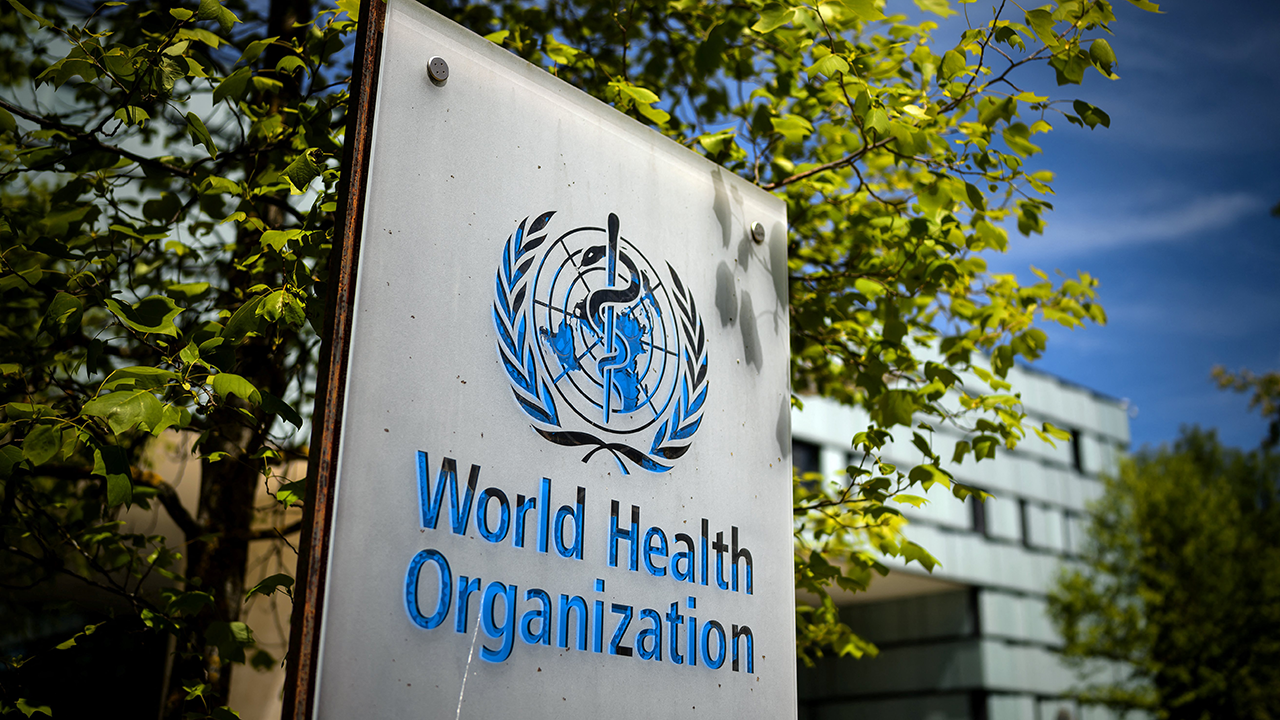Future Pandemics
After over three years of negotiations, member states of the World Health Organization (WHO) have reached a historic agreement aimed at preparing the world for future pandemics.
The legally binding pact, announced by the WHO early Wednesday, is designed to strengthen global defences against emerging pathogens, following the devastating impacts of the COVID-19 pandemic, which claimed millions of lives between 2020 and 2022.
The agreement focuses on several key measures to prevent future pandemics and enhance global cooperation in tackling public health crises. One major component of the pact is the establishment of a pathogen access and benefit-sharing system, which will help ensure that countries can access vital resources for research and development during health emergencies.
The agreement also emphasizes the need to build geographically diverse research capacities, ensuring that all regions are equipped to handle future health threats.
Another important aspect of the pact is the creation of a global supply chain and logistics network, designed to facilitate the rapid distribution of vaccines, medicines, and other critical supplies during a pandemic.
Additionally, the agreement underscores the importance of strengthening health systems globally to ensure they are more resilient and better prepared for future outbreaks.
In a statement, the WHO described the agreement as a significant step forward in efforts to safeguard the world from pandemics. The pact is seen as a victory for multilateralism, particularly at a time when international organizations like the WHO have faced challenges, including substantial cuts in funding from the United States.
While the United States initially participated in the talks, it withdrew earlier this year after President Donald Trump issued an executive order in February, removing the country from the WHO and the ongoing negotiations.
Despite this setback, the agreement signals a strong commitment from countries worldwide to work together and strengthen the power of multilateral cooperation.
The proposal will be formally reviewed at the World Health Assembly’s policy meeting in May. Nina Schwalbe, the founder of global health think tank Spark Street Advisors, praised the outcome, noting that it demonstrates the resolve of nations to collaborate on pandemic preparedness, even in the absence of the United States.










